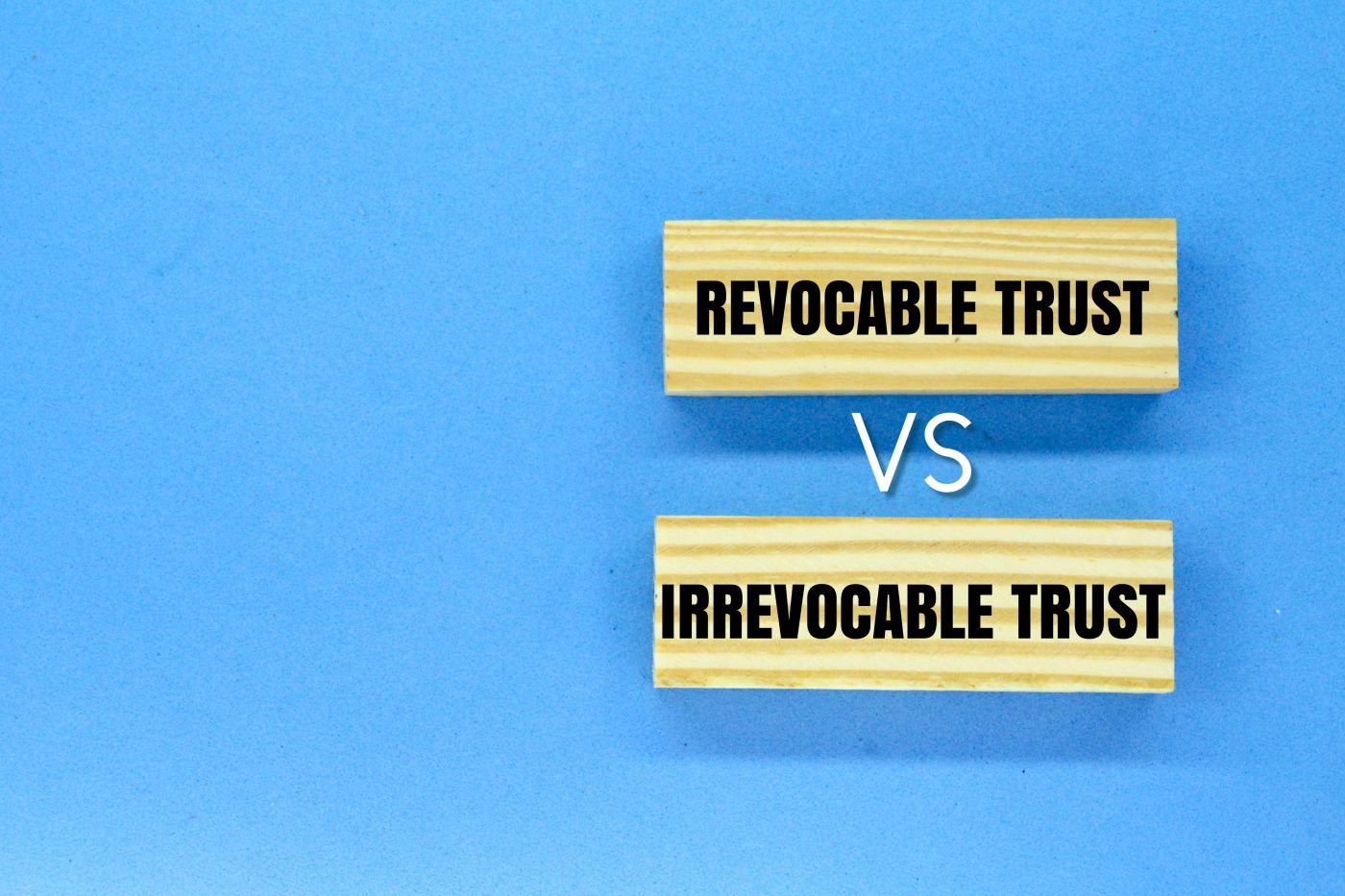
Trusts frequently play a significant part in estate planning because they offer advantages like continuity and privacy. Revocable and irrevocable trusts are among the most frequent discussion points, and understanding the differences can guide you toward a setup that matches your goals.
Many people in South Carolina turn to The Nelson Law Firm when they’re ready to think about estate planning. Trusts can be valuable tools for outlining how assets move from one generation to the next, and they can also offer privacy and potential tax advantages. Two common trust categories are revocable and irrevocable. While both can help fulfill long-term goals, they differ significantly regarding how much control you retain and how assets are protected.
Why Estate Planning Matters
Estate planning generally involves more than just deciding who inherits certain possessions. It often extends to questions about minimizing probate, planning for incapacity, and maintaining privacy for family members. A well-thought-out approach can reduce disputes, verify beneficiaries receive assets promptly, and let you manage your property while you’re alive.
Learn About Revocable Trusts
A revocable trust is often chosen for its flexibility. You form this trust by creating legal documentation that designates a trustee, identifies beneficiaries, and places assets under the trust’s control. If you serve as the trustee, you continue to manage your property, buy or sell assets, and change the trust’s instructions.
People often find this adaptable format appealing because you don’t lose direct control of your assets. The trust also helps avoid probate, which can be a public, time-consuming process. Additionally, if you’re ever unable to handle your finances, the successor trustee can step in to manage trust assets without prolonged legal steps.
Exploring Irrevocable Trusts
An irrevocable trust, as the name suggests, can’t be easily altered or ended once you finalize it. To change it, you generally need the approval of all beneficiaries or a court order. While this may sound restrictive, it often provides stronger asset protection and potential tax advantages. Because property in an irrevocable trust no longer belongs to you in the same legal sense, it can be shielded from creditors or lawsuits, and it may also be excluded from your taxable estate under certain circumstances.
Creating an irrevocable trust typically involves deciding which assets to transfer, choosing a trustee (often someone other than yourself), and defining how beneficiaries should receive funds. Once this trust is in place, you relinquish direct control and ownership, which can be beneficial if you want to secure assets for future generations.
Key Differences To Consider
Deciding between revocable and irrevocable trusts comes down to choosing the right balance between control and protection. Both types can reduce or eliminate probate, but they differ in other important respects:
Level of flexibility: Revocable trusts offer continuous opportunities to amend or revoke, whereas irrevocable trusts require beneficiary or court approvals for major adjustments
Ownership of assets: Revocable trust assets remain under your ownership; irrevocable trust assets shift ownership to the trust, removing them from your estate in many instances
Creditor protection: Revocable trusts don’t typically protect assets from lawsuits or creditors; irrevocable trusts generally shield assets more effectively
Tax considerations: Revocable trusts don’t usually reduce estate taxes because the assets remain yours, while irrevocable trusts may offer tax advantages if properly structured
It’s wise to reflect on whether you need immediate security or continued oversight of your assets. If your main priority is controlling investments or real estate while enjoying a smoother transfer upon incapacity, a revocable trust might be the answer. Though, if you expect potential liabilities or want to lower estate tax exposure, an irrevocable trust may serve you better.
When A Revocable Trust Is Appropriate
People often start estate planning with a revocable trust if they want to maintain flexibility. You might appreciate this trust structure if:
You anticipate changes in beneficiaries: Adding or removing a beneficiary can be simpler when the trust is revocable
You frequently buy or sell property: A revocable trust adapts easily to new assets or shifting financial conditions
You want a private alternative to probate: Although assets remain yours for tax purposes, they don’t go through the probate process
You value day-to-day oversight: Acting as your own trustee allows you to manage investments, property, and other assets without additional hurdles
A revocable trust can serve as a primary tool for individuals who want continuity without sacrificing control. If you later decide you need more robust asset protection, you could consider adding an irrevocable trust to your estate plan, or converting certain assets if that aligns with your broader goals.
When An Irrevocable Trust May Be Your Choice
An irrevocable trust frequently comes into play when someone’s objectives center on sheltering assets and potentially reducing estate taxes. You might favor an irrevocable trust if:
You have substantial holdings: Larger estates often benefit from removing certain assets to reduce taxable estate value
You face creditor concerns or high-liability situations: Professions with higher risks of lawsuits may benefit from stronger asset protection
You’re planning for long-term care needs: Assets placed in an irrevocable trust might not affect eligibility for certain care programs
You want a legacy that can’t be changed easily: Setting firm rules for how beneficiaries inherit can make sure that your wishes remain intact
Irrevocable trusts can lock in a plan that resonates with your legacy goals. Although the constraints are real, many find relief in knowing that once it’s in place, it’s less susceptible to being undone or compromised.
Can You Have Both?
Some individuals set up both trust types, using a revocable trust for day-to-day financial management and an irrevocable trust for protecting high-value assets or passing wealth to beneficiaries with fewer estate tax implications. This dual-approach can offer a middle ground: you can preserve flexibility for certain aspects of your estate while securing others.
This dual-trust arrangement allows you to customize which assets remain in your active control and which ones enjoy heightened protection. As you accumulate or liquidate property, it can be straightforward to update the revocable trust’s holdings without the administrative hurdles of altering irrevocable structures. Your high-value or legacy-focused assets are secured under the irrevocable trust, making sure they won’t be undermined by legal claims or sudden changes of heart.
Updating Your Estate Planning Over Time
Estate plans aren’t just set-and-forget documents; they require periodic reviews to make sure they still reflect your wishes and meet your family’s evolving needs. Significant life changes can affect how you want assets distributed or who should manage them if you’re no longer able. Similarly, shifts in tax legislation or new creditor protection laws may require modifying your trust arrangements.
Revocable trusts offer the advantage of simpler amendments, letting you reassign beneficiaries, adjust trustee roles, or add property at will. You can also fine-tune instructions if you plan to support a child’s education, accommodate a special-needs family member, or respond to shifting life circumstances.
Contact Us Today
The Nelson Law Firm is located in South Carolina, and we serve the entire state of South Carolina, including Charleston County, Richland County, and Greenville County. If you’re looking for clarification about revocable and irrevocable trusts as part of estate planning, we’re here to help. We strive to provide straightforward information so you can make informed decisions that will benefit you and your loved ones for years to come.



